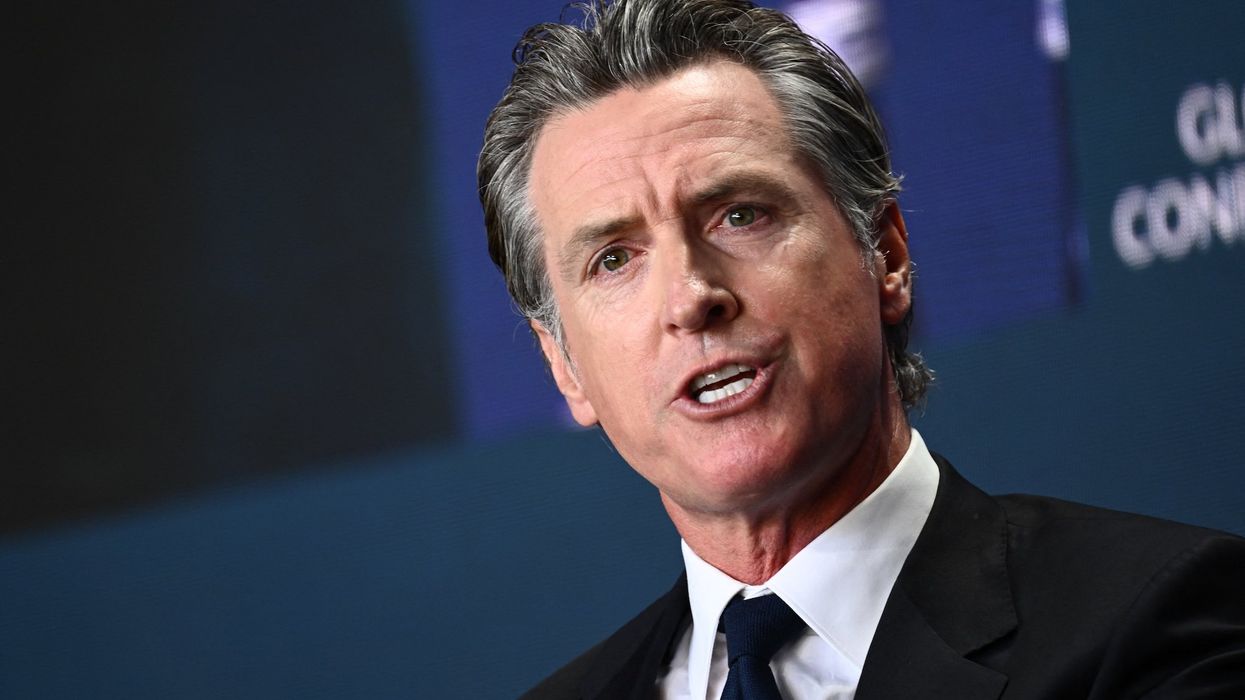
© 2025 Blaze Media LLC. All rights reserved.
A lesson from a leader of Silicon Valley on honesty relevant for you and your family
May 15, 2014
"To thine own self be true"
 Ben Horowitz. (Image Source: Forbes)
Ben Horowitz. (Image Source: Forbes)
The below excerpt comes from prolific blogger, entrepreneur and most notably co-founder of Andreesen Horowitz, a leading venture capital firm, Ben Horowitz's recently released book, "The Hard Thing About Hard Things: Building a Business When There Are No Easy Answers."
While Horowitz's advice pertains to honesty in business -- and how crucial it is for survival -- its lesson extends into all of our lives in every endeavor we undertake.
If you like posts like these, be sure to give Blaze Books a follow on Facebook and Twitter.
Where do lies come from?
To answer that question, I thought back to a conversation I had years ago with the incomparable Andy Grove.
Back at the tail end of the Great Internet Bubble in 2011, as all the big technology companies began missing their quarters by giant amounts, I found myself wondering how none of them saw it coming. One would think that after the dot-com crash of April 2000, companies like Cisco, Siebel, and HP would realize that they would soon face a slowdown as many of their customers hit the wall. But despite perhaps the most massive and public early warning system ever, each CEO reiterated strong guidance right up to the point where they dramatically whiffed their quarters.
I asked Andy why these great CEOs would lie about their impending fate.
He said they were not lying to investors, but rather, they were lying to themselves.
[instory-book ISBN="9780062273208"]
Andy explained that humans, particularly those who build things, only listen to leading indicators of good news. For example, if a CEO hears that engagement for her application increased an incremental 25 percent beyond the normal growth rate on month, she will be off to the races hiring more engineers to keep up with the impending tidal wave of demand. On the other hand, if engagement decreases 25 percent, she will be equally intense and urgent in explaining it away: "The site was slow that month, there were four holidays, and we made a...change that caused all the problems. For gosh sakes, let's not panic!"
Both leading indicators may have been wrong, or both may have been right, but our hypothetical CEO--like almost every other CEO--only took action on the positive indicator and only looked for alternative explanations on the negative leading indicator.
If this advice sounds too familiar and you find yourself wondering why your honest employees are lying to you, the answer is they are not. They are lying to themselves.
And if you believe them, you are lying to yourself.
Want to leave a tip?
We answer to you. Help keep our content free of advertisers and big tech censorship by leaving a tip today.
Want to join the conversation?
Already a subscriber?
Ben Weingarten is a writer, commentator, and editor at large at RealClearInvestigations. He is a senior contributor at the Federalist and writes columns for Newsweek and the Epoch Times.
Ben Weingarten
Ben Weingarten is a writer, commentator, and editor at large at RealClearInvestigations. He is a senior contributor at the Federalist and writes columns for Newsweek and the Epoch Times.
more stories
Sign up for the Blaze newsletter
By signing up, you agree to our Privacy Policy and Terms of Use, and agree to receive content that may sometimes include advertisements. You may opt out at any time.
Related Content
© 2025 Blaze Media LLC. All rights reserved.
Get the stories that matter most delivered directly to your inbox.
By signing up, you agree to our Privacy Policy and Terms of Use, and agree to receive content that may sometimes include advertisements. You may opt out at any time.





